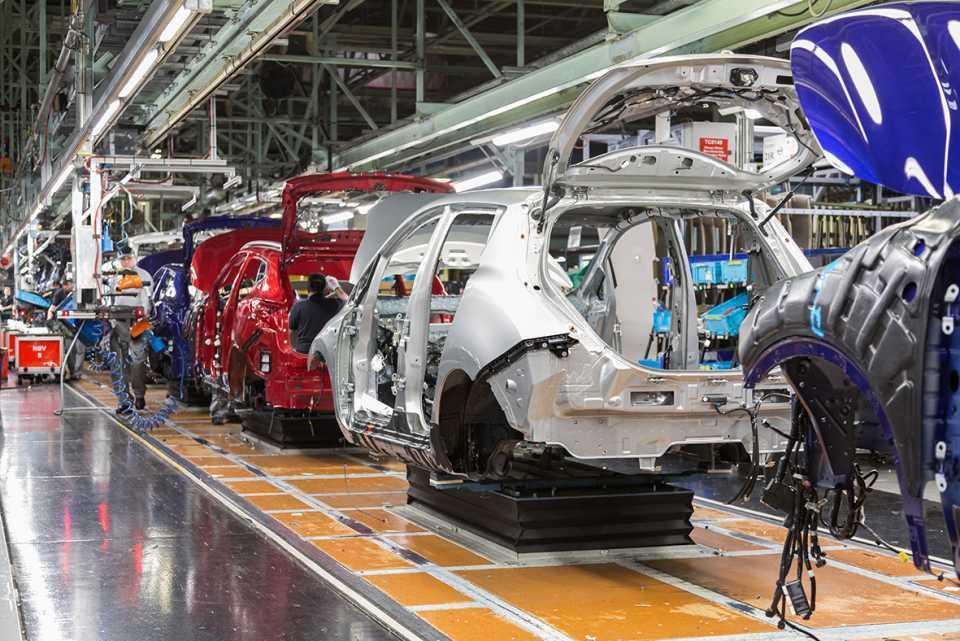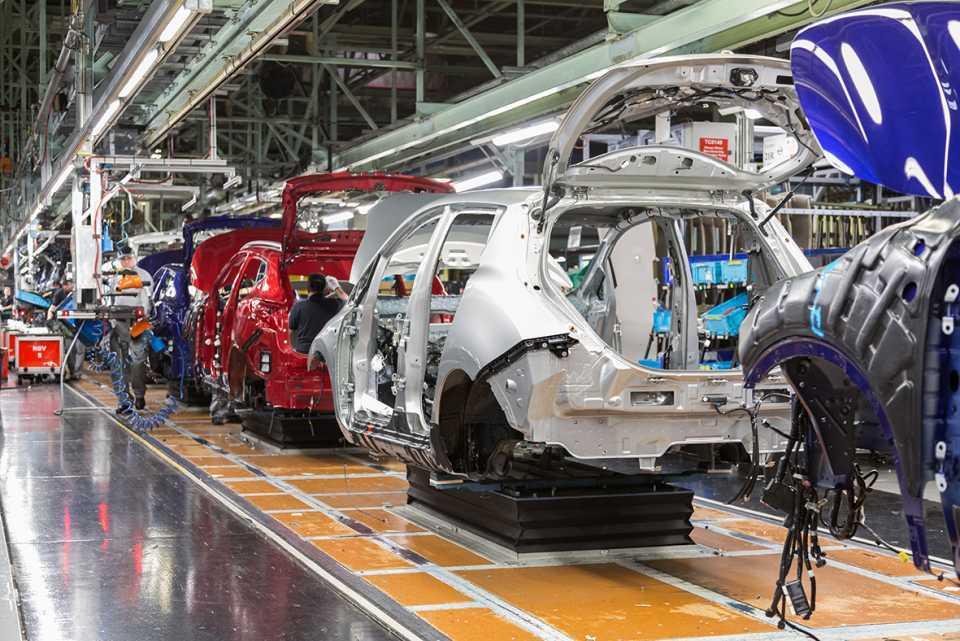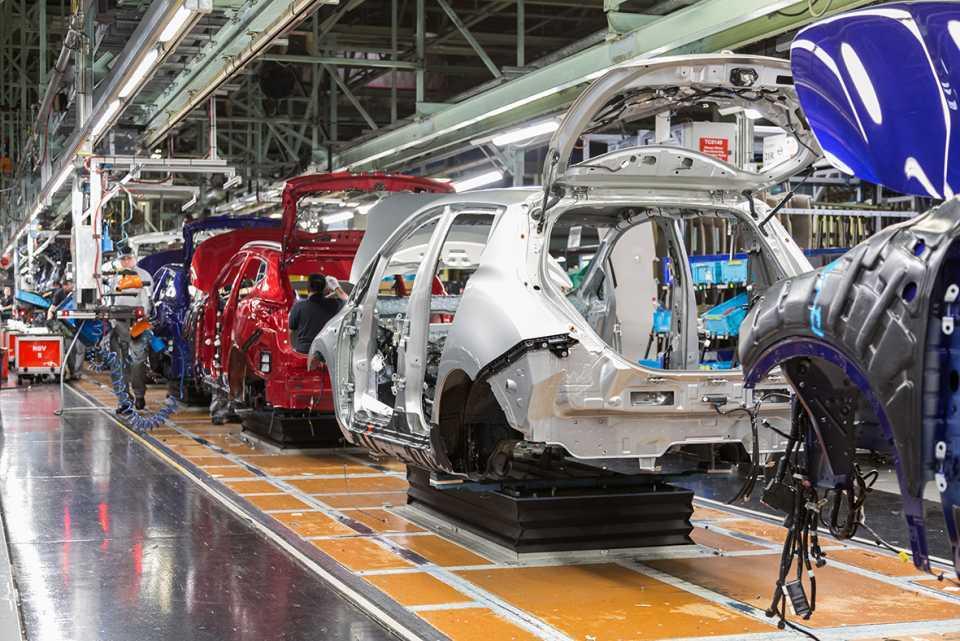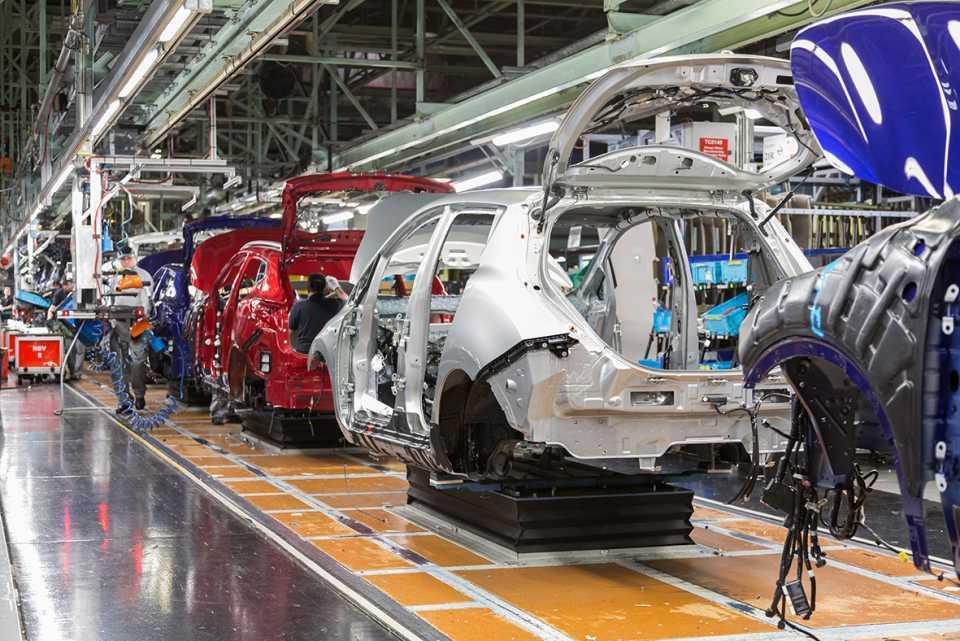Data from the Society of Motor Manufacturers and Traders (SMMT) reveals that British car production has fallen, being down -15.3 per cent in October, producing 77,484 units, which is 14,037 fewer than what left factories the same month in 2023.
This is the eighth consecutive month in decline as plants continue their retooling to allow production of the next generation of zero emission vehicles.
Representing almost a third of output (31.9 per cent), 24,719 electric, plug-in hybrid and hybrid electric cars were made, despite a volume decline of -32.6 per cent. UK car makers have produced a combined 239,773 electric vehicles since the start of 2024, with 71.8 per cent exported to global markets.
UK car production slipped this year, declining by -10.8 per cent to 670,346 units, primarily due to falling exports: only around a fifth of cars manufactured in the UK are then sold here. While production for the UK is up 5.3 per cent to 159,125 units, exports are down -14.8 per cent to 511.221 units, equivalent to 89,095 fewer cars being shipped overseas since January.
Last year, car manufacturers announced more than £20 billion worth of investment last year to give momentum to the national effort to transition to EV production, as in line with the government’s push for net zero and the zero emission vehicles (ZEV) mandate. UK production anticipates turning out 911,000 vehicles this year, and 839,000 in 2025, around a third less than the near 1.4 million cars and light vans made pre-Covid, in 2019.
If the planned zero emission strategy stays on track and consumer demand improves, there is potential to get above one million units in 2028. If not, output would remain below one million units 2030.
The news follows a series of announcements by manufacturers and suppliers across the UK and Europe, reflecting a struggle characterised by challenging market conditions and a slow transition to electrification. A strong industrial and trade strategy is key if the UK wishes to remain a globally competitive location for advanced vehicle manufacturing, as well as a healthy domestic market. The government must therefore work in partnership with industry to deliver market regulations that support consumers and industry, including measures to address the UK’s high cost of energy and the signing of trade deals built on free and fair trade.
Mike Hawes, SMMT chief executive, said: “These are deeply concerning times for the automotive industry, with massive investments in plants and new zero emission products under intense pressure. Slowdowns in the global market — especially for EVs — are impacting production output, with the situation in the UK particularly acute given we have arguably the toughest targets and most accelerated timeline but without the consumer incentives necessary to drive demand. The cost of stimulating that demand and complying with those targets is huge and, as we are seeing, unsustainable. Urgent action is therefore needed and we will work with government on its rapid review of the regulation and the development of an ambitious and comprehensive Industrial Strategy to assure our competitiveness.”







